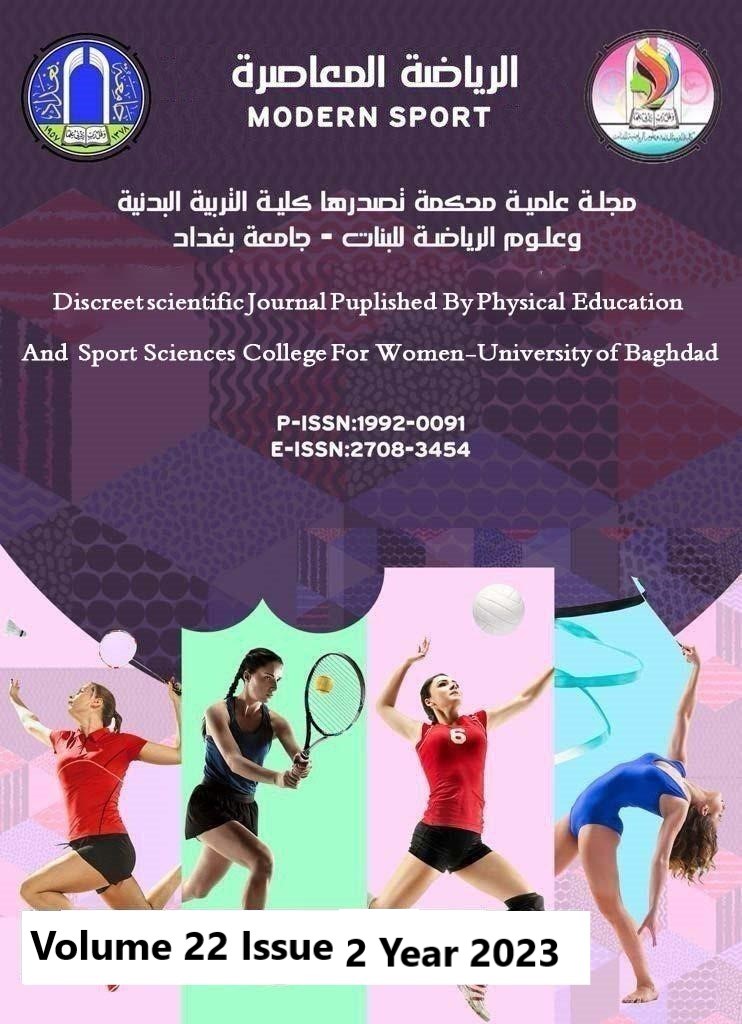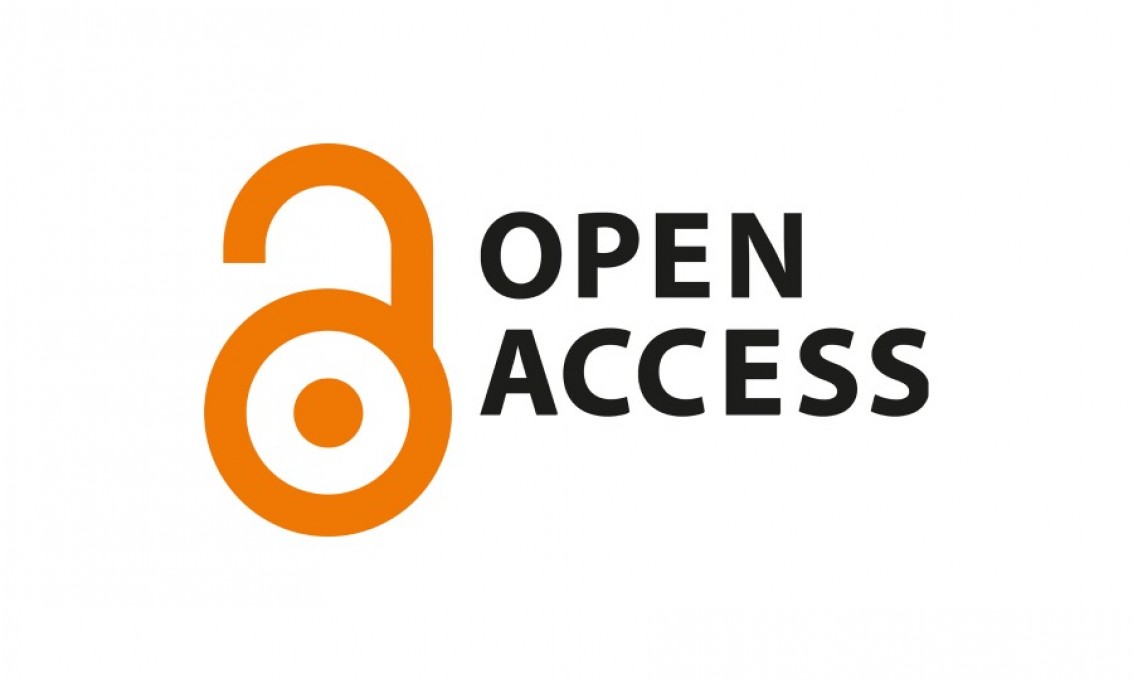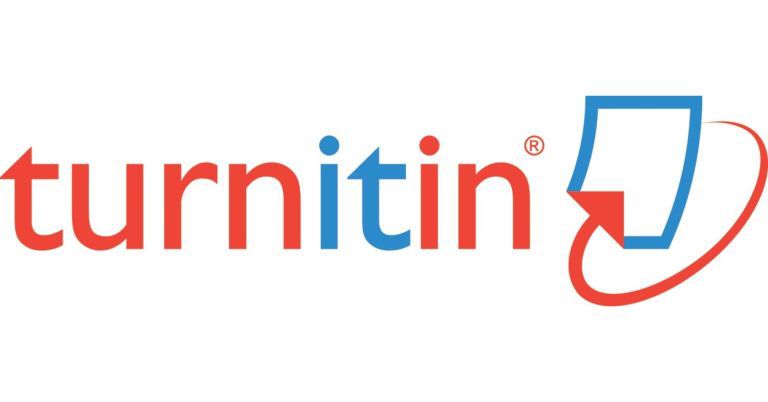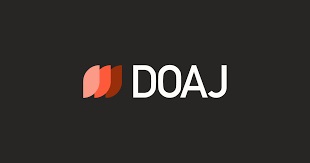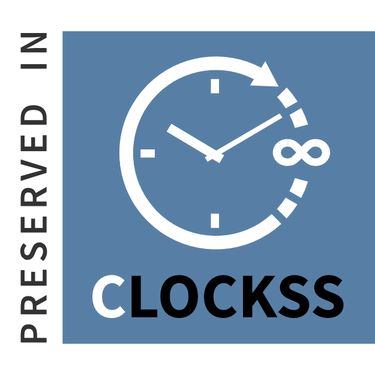Constructing a scale for managing high-performance sports organizations using artificial intelligence techniques
DOI:
https://doi.org/10.54702/ms.v22i2.1114Keywords:
High-performance sports organizations, artificial intelligence techniquesAbstract
The current study addressed one of the most significant issues that faced by high-performance sports organizations, which is not fully benefiting from the applications of artificial intelligence techniques. The main problem of the research was to understand the effect of applying artificial intelligence technologies in the management of high-performance sports organizations and the extent of the contribution of applications of artificial intelligence techniques in diagnosing and addressing administrative and technical obstacles in the departments of sports activity and schooling in the General Directorates of Education in the province of Baghdad, with the aim of achieving high performance. In this context, the main objective of the study was to construct a conceptual framework for the implementation of artificial intelligence techniques in high-performance sports organizations, specifically in the sports and school activity departments of the General Directorates of Education in Baghdad province, as a model. In order to achieve the objectives of the study, the researchers followed a descriptive approach with an analytical method that suited the nature of the problem. They also conducted an informal exploratory study in the sports and school activity departments, utilizing a questionnaire as the tool for data collection. The study concluded by developing a reliable scale for the application of artificial intelligence technologies in high-performance sports organizations, consisting of five fields: Expert systems, virtual reality, intelligent agents, information technologies, and process automation. The sample size was chosen to be equal to the population to suit the nature of the research. The validity and reliability of this scale have been confirmed through statistical means, such as Cronbach's alpha coefficient, which amounted to 89.7. The five fields of the scale contained twenty-five items. The relative importance of these items ranged between (63-84%). The highest value of relative importance was 84% for the second item from the expert systems field, which states, (expert systems function as a consulting expert for the upper management in the sports and school activity departments to contribute to making correct decisions), whereas the lowest value for relative importance was for the first item from the virtual reality field, which states, (the use of virtual reality in the sports and school activity departments contributes to the acquisition of diverse skills for the employees and works on developing administrative and technical performance)
References
Faiq M. S. Al-Zwainy & Neran T. Hadal. (2016). Application artificial forecasting techniques in cost management. Journal of Engineering, 22(8), p:1-15. https://joe.uobaghdad.edu.iq/index.php/main/article/view/152/135
Aseel H. (2018). Evaluation of Job Performance According to the 360° Multilateral Technique for Physical Education Teachers in The General Directorates of Education in Baghdad Governorate. Master’s Thesis, College of Physical Education and Sports Sciences for women, University of Baghdad, Iraq.
Aseel H. and Lamya A. (2020). Evaluation of the Functional Performance of the Teachers of Physical Education Using Technique 360°. Modern Sport, 19(1), 0140.
https://doi.org/10.54702/msj.2020.19.1.0140
Salam Hantoush Rasheed & Safaa Sahib Naif. (2021). Strategic planning and its relationship to the administrative performance of the Iraqi Football Association. Modern Sport. Special issue of The First Online Scientific Conference.
https://jcopew.uobaghdad.edu.iq/index.php/sport/article/view/721/1080
Marwa Alaa Hussein and Sondos Musa Jawad. (2020). An analytical study of the vitality of the conscience of the senior leaderships in the boards of colleges and departments of physical education and sports science in Baghdad. Modern Sport, 19(4), 0086.
https://doi.org/10.54702/msj.2020.19.4.0086
Sondos Musa Jawad. (2011). Studying the role of the internal organization of public relations in developing the work of sports clubs. Modern Sport, 10(14), 141-156. https://jcopew.uobaghdad.edu.iq/index.php/sport/article/view/397/370
Ali Atieh Awad and Sondos Musa Jawad. (2021). The role of sports media (traditional and electronic) according to the gatekeeper theory in my project of female sports from the viewpoint of the teaching staff in the Faculties of Physical Education and Sports Sciences in Iraq. Modern Sport, Special issue of The First Online Scientific Conference.
https://jcopew.uobaghdad.edu.iq/index.php/sport/article/view/757/583
Hasan Hadi Atea and Sondos Musa Jawad. (2015). The Effect of Muscle Balance Exercises on Evaluating Anterior Pelvic Tilt in a Sample of Girls Aged 10-12 Years. Modern Sport, 14(2b), 141-156.
https://jcopew.uobaghdad.edu.iq/index.php/sport/article/view/211/193
Dhuha Hadi & Widad Kadhum. (2021). Building and measuring e-learning scale from the point of view of students of the College of Physical Education and Sports Sciences - University of Baghdad. Modern Sport, 20(4), 0126.
https://doi.org/10.54702/msj.2021.20.4.0126
Saba Qais Ghadban. (2018). Management of wisdom and its relationship to the effectiveness of strategic decisions among members of the boards of faculties of physical education and sports sciences in the universities of Iraq. Modern Sport, 17(4), 1-22. https://jcopew.uobaghdad.edu.iq/index.php/sport/article/view/830/626
Haider Ali Mousa and Marwa Khalid Khazaal. (2021). Crisis management in the sports and school activity department from the viewpoint of workers in the Baghdad Education Directorate, Rusafa 2. Modern Sport, Special issue of The First Online Scientific Conference. https://jcopew.uobaghdad.edu.iq/index.php/sport/article/view/718/1078
Israa Jassim & Maysaa Nadeem. (2022). Building and applying a measure of educational supervision patterns for supervisors of the directorates of education in the southern region. Modern Sport, 21(1), 0107.
https://doi.org/10.54702/msj.2022.21.1.0107
Sabah W. (2023). Evaluating Human and Financial Resources in Table Tennis from the workers point of View. jope;28(4.1):213-32. Available from: https://doi.org/10.37359/JOPE.V28(4.1)2016.442
Sarah Salah & Zina Abdulsalam. (2022). Academic resilience and a relationship to the performance of the handstand skill College of Physical Education and Sports Science for women, University of Baghdad. Modern Sport, 21(2), 0001. https://doi.org/10.54702/msj.2022.21.2.0001
Downloads
Published
Issue
Section
License
Copyright (c) 2023 Modern Sport

This work is licensed under a Creative Commons Attribution 4.0 International License.
